FOTO'S WORDEN LADEN ...
Zakelijke kans (Te koop)
Referentie:
EDEN-T96121544
/ 96121544
Referentie:
EDEN-T96121544
Land:
PT
Stad:
Povoa De Varzim Beiriz e Argivai
Categorie:
Commercieel
Type vermelding:
Te koop
Type woning:
Zakelijke kans
Omvang woning:
111 m²
Kamers:
7
Slaapkamers:
7
Badkamers:
3
GEMIDDELDE WONINGWAARDEN IN BEIRIZ
VASTGOEDPRIJS PER M² IN NABIJ GELEGEN STEDEN
| Stad |
Gem. Prijs per m² woning |
Gem. Prijs per m² appartement |
|---|---|---|
| Esposende | EUR 2.283 | EUR 2.544 |
| Esposende | - | EUR 2.226 |
| Vila Nova de Famalicão | EUR 1.468 | EUR 1.842 |
| Maia | EUR 2.248 | EUR 2.566 |
| Maia | EUR 2.073 | EUR 2.541 |
| Matosinhos | - | EUR 3.894 |
| Porto | EUR 3.692 | EUR 4.168 |
| Valongo | EUR 1.764 | EUR 1.870 |
| Canidelo | - | EUR 4.488 |
| Gondomar | EUR 1.896 | EUR 2.199 |
| Vila Nova de Gaia | EUR 2.599 | EUR 3.451 |
| Paredes | EUR 1.854 | EUR 3.306 |
| Ponte de Lima | EUR 1.604 | EUR 2.899 |
| Espinho | - | EUR 3.421 |
| Caminha | EUR 1.711 | - |
| Fafe | EUR 1.253 | - |
| Santa Maria da Feira | EUR 1.723 | EUR 2.023 |
| Ovar | EUR 1.809 | EUR 2.129 |
| Feira | EUR 1.761 | EUR 1.838 |
| Marco de Canaveses | EUR 2.099 | - |


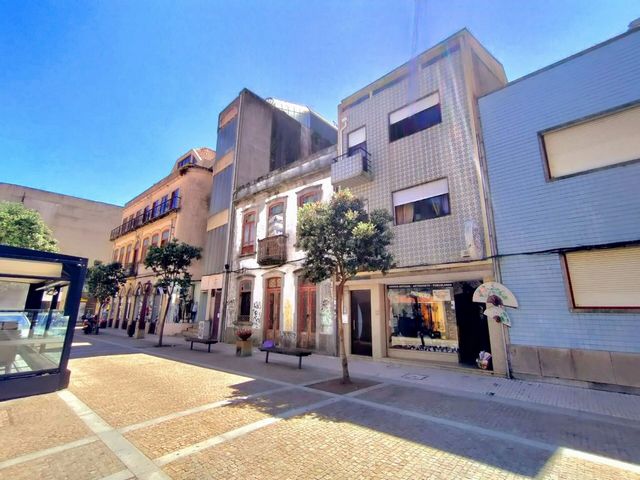
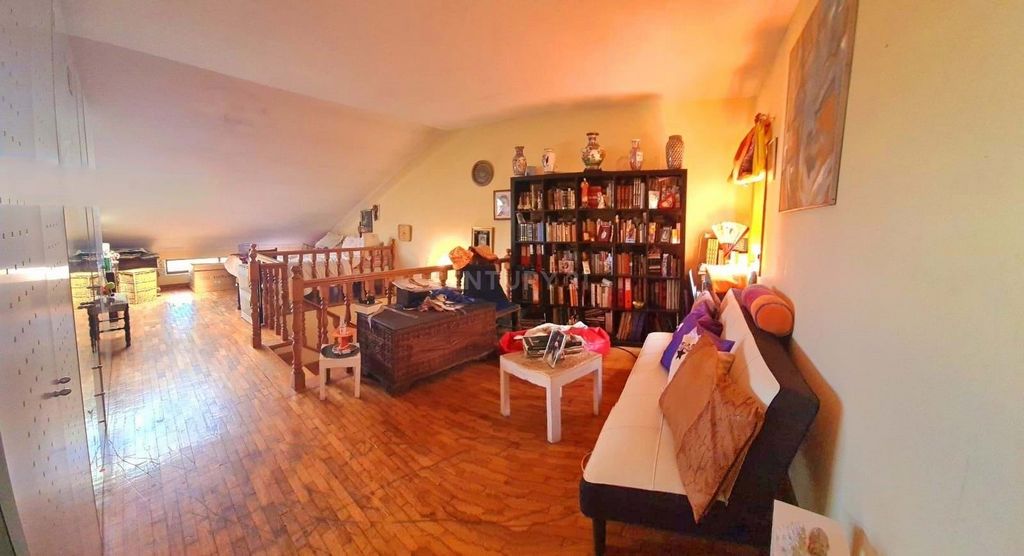
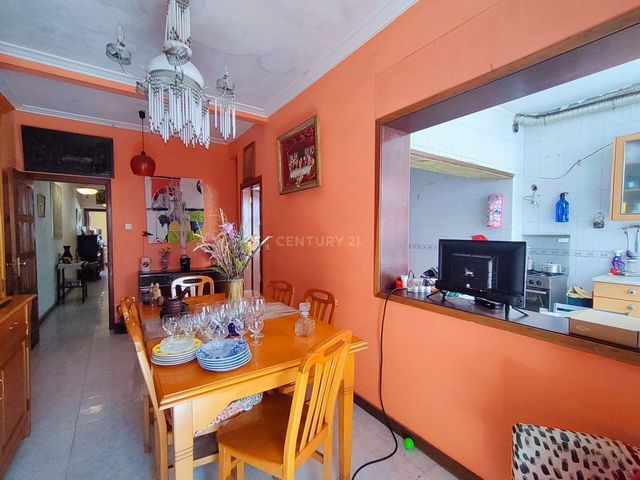
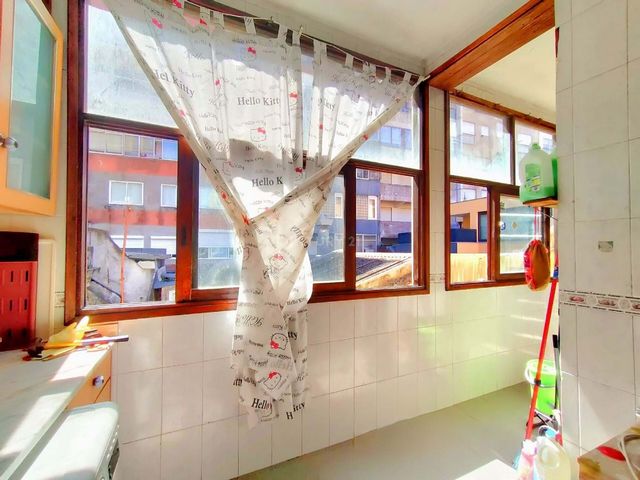
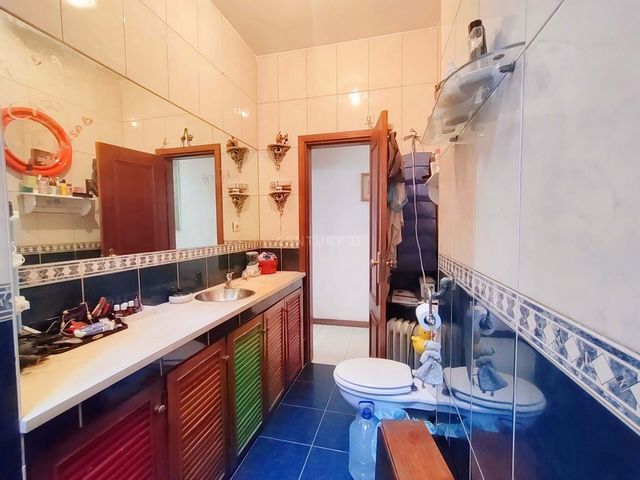

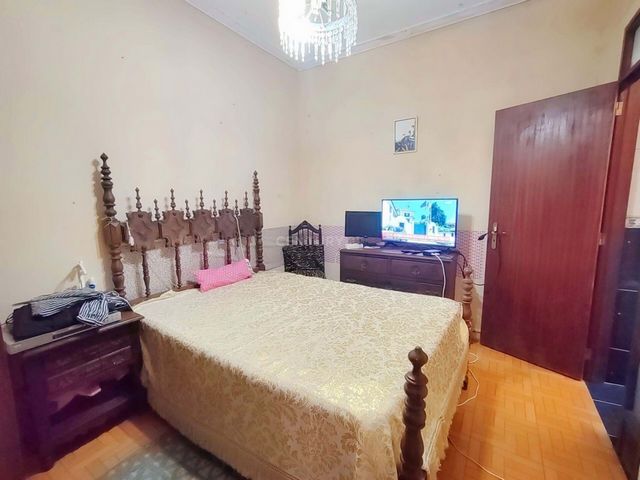
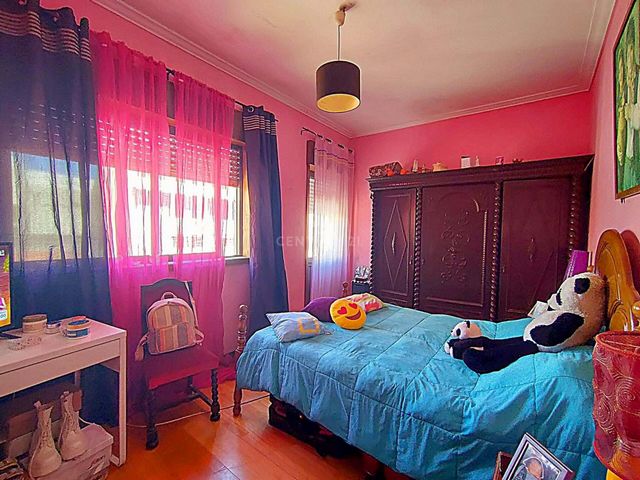

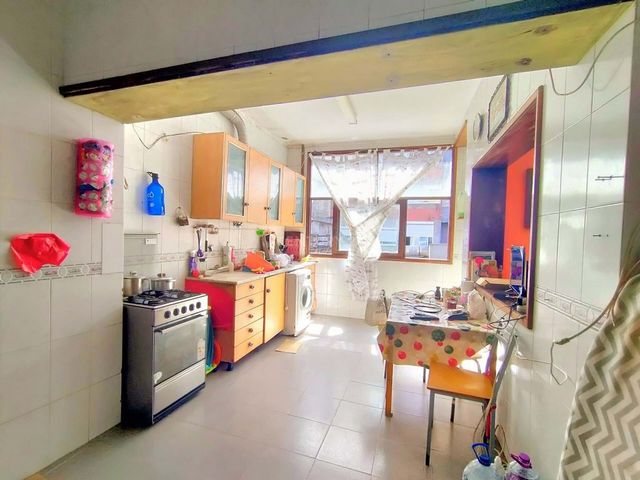

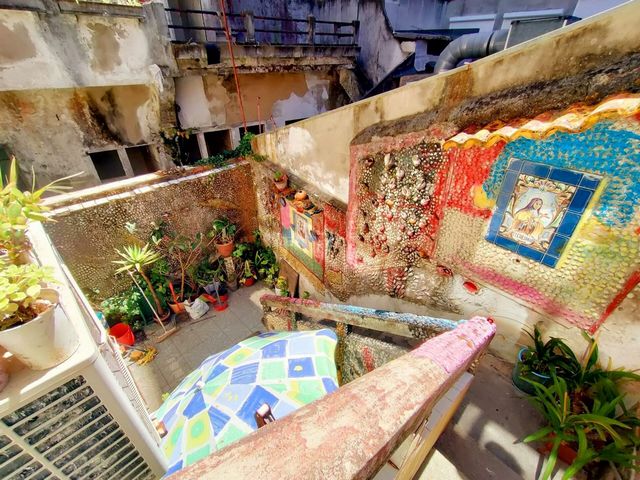
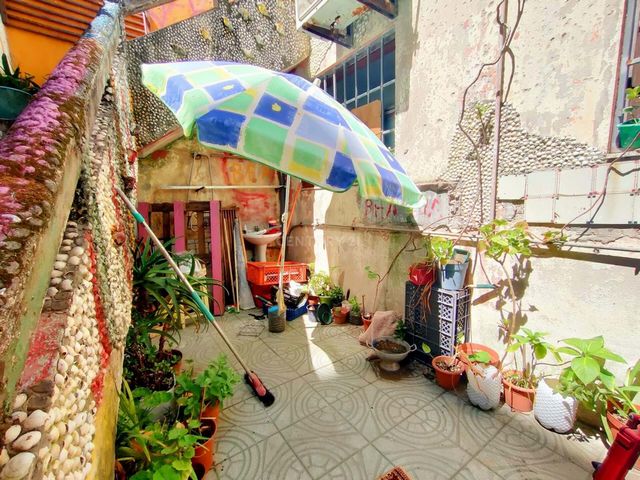
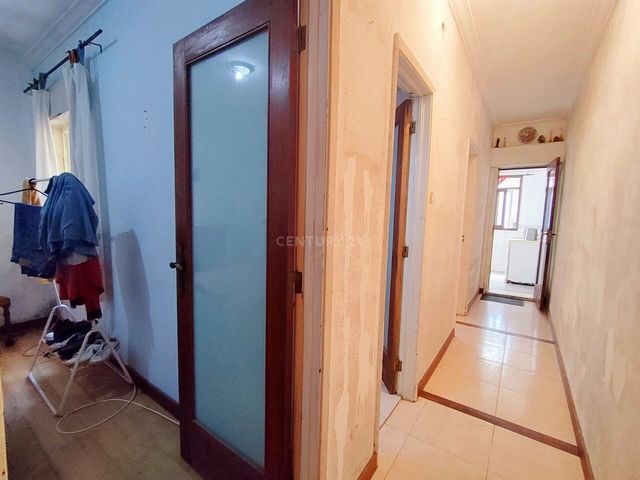
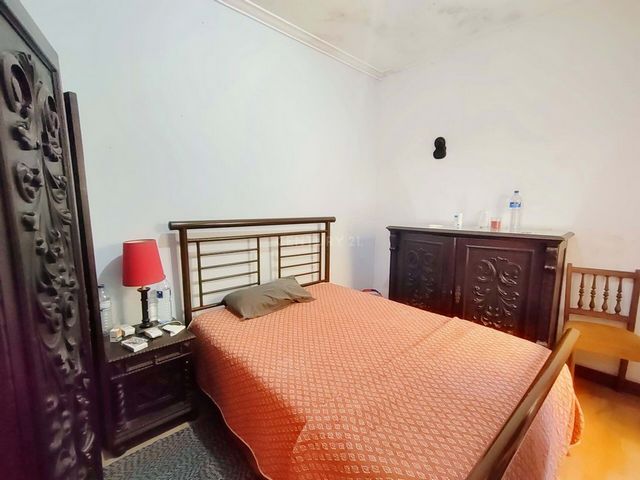
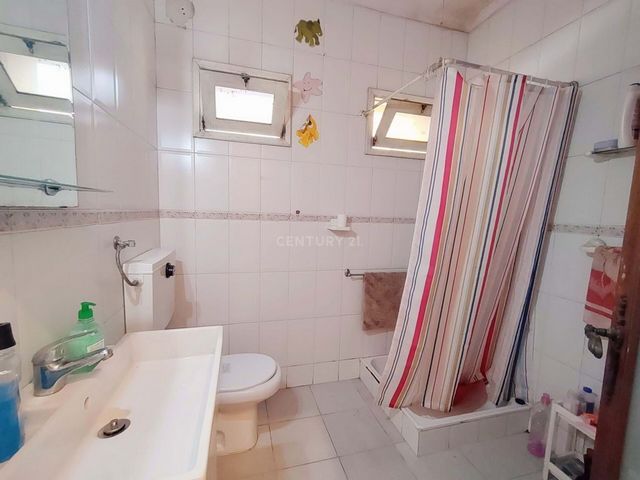

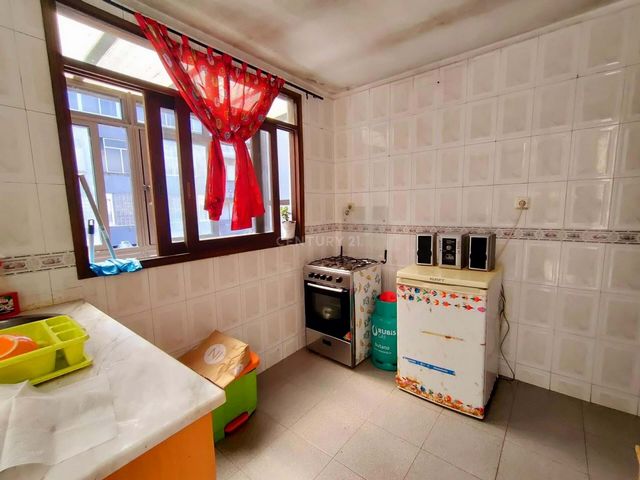
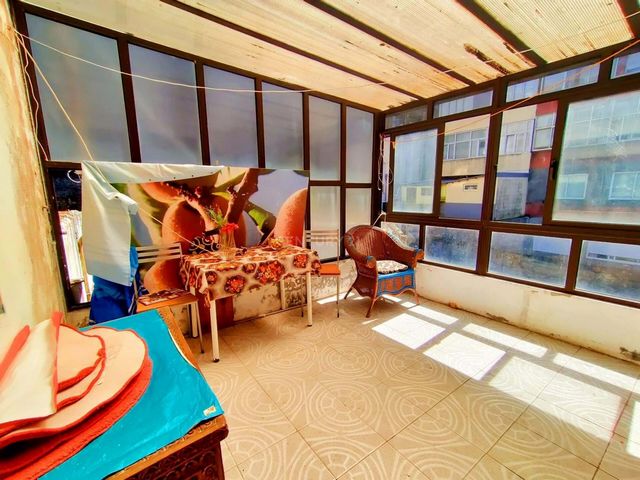
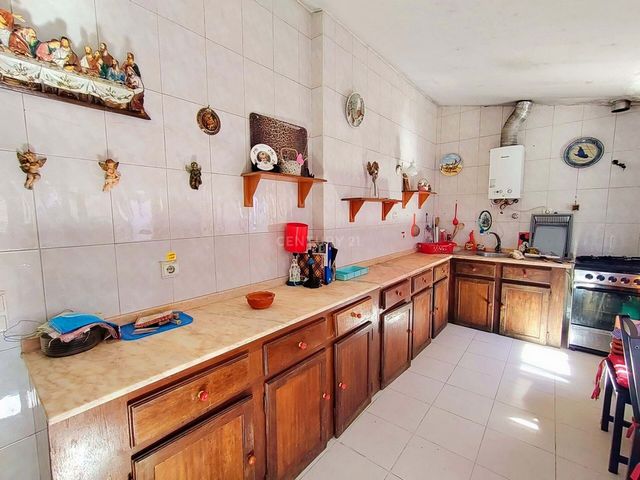
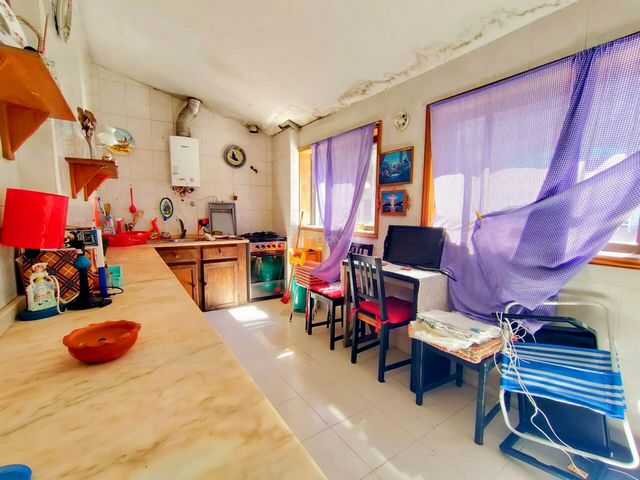
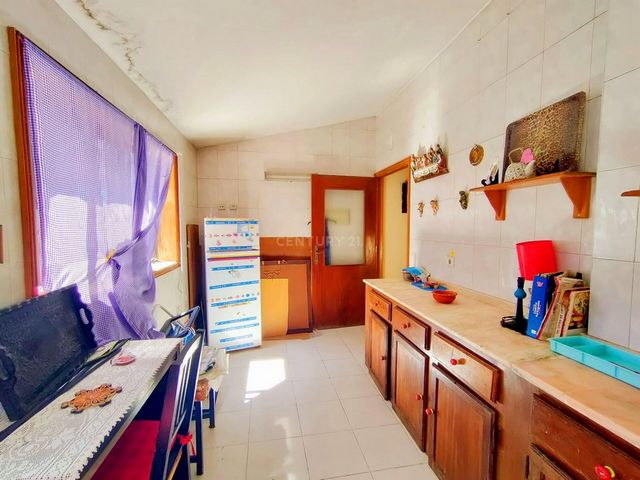
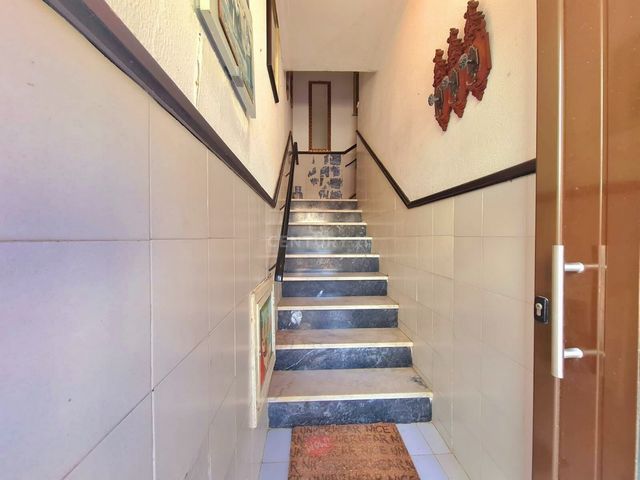
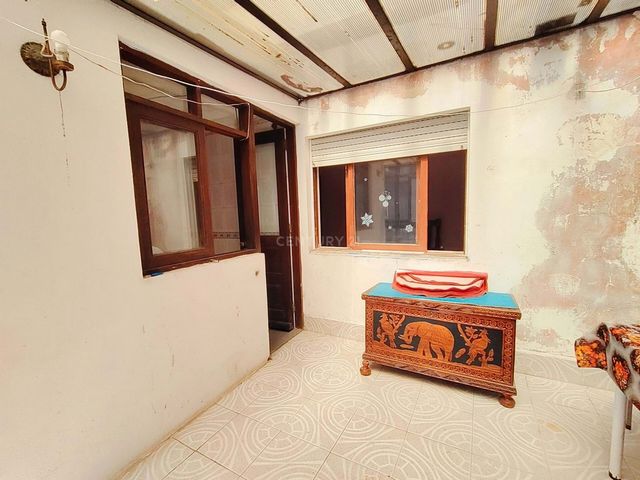
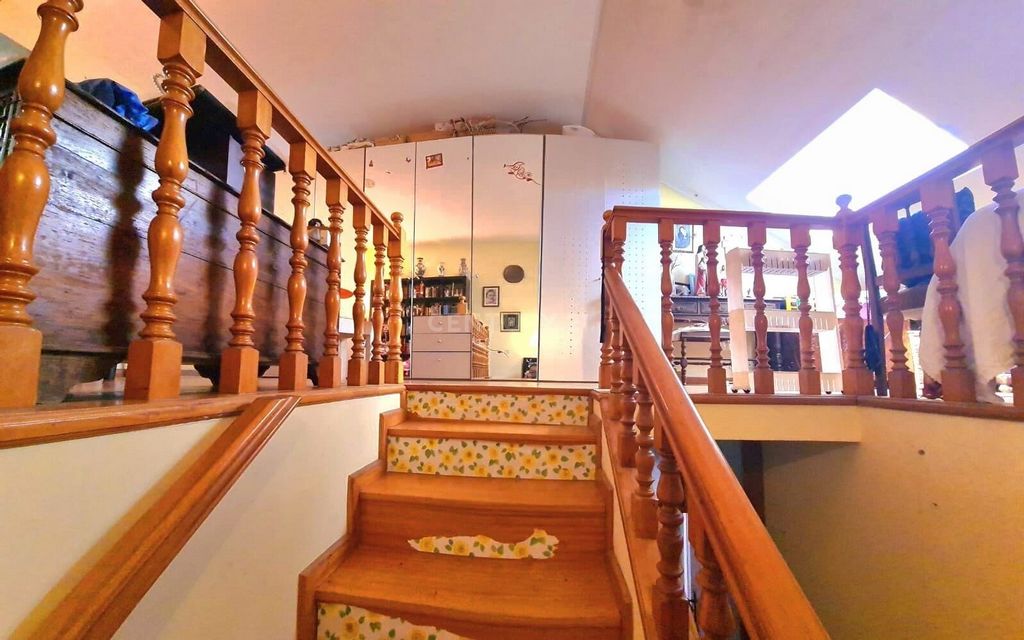
The first populations settled in its territory between four and six thousand years ago. Around 900 BC, instability in the region led to the foundation of a walled city, the Cividade de Terroso, which developed maritime trade routes with the civilizations of classical antiquity. Modern Póvoa de Varzim emerged after the Roman Republic conquered the city around 138 BC, fishing and fish processing units developed shortly after, forming the basis of the local economy. By the eleventh century, the fishing industry and fertile fields formed the basis of a feudal lordship and Varzim was fiercely disputed between the local lords and the regionals, the first kings of Portugal, which led to the creation of the municipality in 1308 and being subjected to medieval monastic power a few years later. The importance of Póvoa de Varzim reemerged with the Age of Discovery due to the competence and wealth of its shipbuilders and navigators, who traded around the world on complex trade routes. By the seventeenth century, the fish processing industry took on a new lease of life and, some time later, Póvoa became the dominant fishing port in the North of Portugal.
The city of Póvoa de Varzim has been a recognized seaside town for three centuries, the most popular in the North of Portugal, which has established an influential literary culture and patronage in music and theater. It is one of the few legal gambling areas in Portugal and has significant textile and food industries. The city maintains its own cultural identity, a rich fishing cuisine and ancient traditions, such as acronyms from Póvoa, the agricultural technique of masseiras and festivals. Meer bekijken Minder bekijken Prédio situado no centro da cidade da Póvoa de Varzim, logo no inicio da Rua da Junqueira. Primeiro andar é composto por 2 quartos, casa de banho, sala e cozinha, esta com acesso a um logradouro. No segundo andar possui 3 quartos, uma casa de banho, cozinha e marquise fechada. Aproveitamento de sótão com espaço amplo, quarto, casa de banho e cozinha. A necessitar de obras de reabilitação. Ótimo investimento para quem pretende morar no centro. Fica na segunda linha de praia, junto a vários comércios, serviços, do hospital e a 10 minutos a pé do metro. O R/C é uma fração autónoma e não se encontra objeto de negocio.A Póvoa de Varzim é uma cidade portuguesa localizada na sub-região da Área Metropolitana do Porto, pertencendo à região do Norte e ao distrito do Porto.É sede do Município da Póvoa de Varzim que tem uma área total de 82,81 km2, 64.320 habitantes em 2021 e uma densidade populacional de 782 habitantes por km2, subdividido em 7 freguesias. O município é limitado a norte por Esposende, a nordeste por Barcelos, a este por Vila Nova de Famalicão, a sul por Vila do Conde e a oeste com o Oceano Atlântico.
As primeiras populações fixaram-se no seu território entre quatro a seis mil anos atrás. Por volta de 900 a.C., a instabilidade na região levou à fundação de uma cidade muralhada, a Cividade de Terroso, que desenvolveu rotas de comércio marítimo com as civilizações da antiguidade clássica. A Póvoa de Varzim moderna emergiu depois da conquista da cividade pela República Romana por volta de 138 a.C., a pesca e unidades de processamento de peixe desenvolveram-se pouco depois, constituindo as bases da economia local. Pelo século XI, a indústria pesqueira e campos férteis formaram a base de um senhorio feudal e Varzim foi ferozmente disputada entre os senhores locais e dos regionais, os primeiros reis de Portugal, o que levou à criação do município em 1308 e ser submetida ao poder monástico medieval poucos anos depois. A importância da Póvoa de Varzim reemergiu com a Época dos Descobrimentos devido à competência e riqueza dos seus construtores navais e navegantes, que negociavam à volta do mundo em rotas comerciais complexas. Pelo século XVII, a indústria de transformação de pescado tomou novo alento e, algum tempo mais tarde, a Póvoa tornou-se no porto pesqueiro dominante no Norte de Portugal.
A cidade da Póvoa de Varzim é uma reconhecida cidade balnear desde há três séculos, a mais popular no Norte de Portugal, o que instituiu uma cultura literária influente e patrocínio na música e no teatro. É uma das poucas zonas de jogo legal em Portugal e possui indústrias têxtil e alimentar significativas. A cidade mantém uma identidade cultural própria, uma cozinha piscatória rica e tradições antigas, tais como siglas poveiras, a técnica agrícola das masseiras e festas. Building located in the center of the city of Póvoa de Varzim, right at the beginning of Rua da Junqueira. The first floor consists of 2 bedrooms, bathroom, living room and kitchen, the latter with access to a patio. On the second floor it has 3 bedrooms, a bathroom, kitchen and closed sunroom. Use of attic with ample space, bedroom, bathroom and kitchen. In need of rehabilitation works. Great investment for those who intend to live in the center. It is on the second line of the beach, next to several shops, services, the hospital and a 10-minute walk from the metro. The ground floor is an autonomous fraction and is not subject to business.Póvoa de Varzim is a Portuguese city located in the sub-region of the Metropolitan Area of Porto, belonging to the region of Norte and the district of Porto.It is the seat of the Municipality of Póvoa de Varzim, which has a total area of 82.81 km2, 64,320 inhabitants in 2021 and a population density of 782 inhabitants per km2, subdivided into 7 parishes. The municipality is bordered to the north by Esposende, to the northeast by Barcelos, to the east by Vila Nova de Famalicão, to the south by Vila do Conde and to the west by the Atlantic Ocean.
The first populations settled in its territory between four and six thousand years ago. Around 900 BC, instability in the region led to the foundation of a walled city, the Cividade de Terroso, which developed maritime trade routes with the civilizations of classical antiquity. Modern Póvoa de Varzim emerged after the Roman Republic conquered the city around 138 BC, fishing and fish processing units developed shortly after, forming the basis of the local economy. By the eleventh century, the fishing industry and fertile fields formed the basis of a feudal lordship and Varzim was fiercely disputed between the local lords and the regionals, the first kings of Portugal, which led to the creation of the municipality in 1308 and being subjected to medieval monastic power a few years later. The importance of Póvoa de Varzim reemerged with the Age of Discovery due to the competence and wealth of its shipbuilders and navigators, who traded around the world on complex trade routes. By the seventeenth century, the fish processing industry took on a new lease of life and, some time later, Póvoa became the dominant fishing port in the North of Portugal.
The city of Póvoa de Varzim has been a recognized seaside town for three centuries, the most popular in the North of Portugal, which has established an influential literary culture and patronage in music and theater. It is one of the few legal gambling areas in Portugal and has significant textile and food industries. The city maintains its own cultural identity, a rich fishing cuisine and ancient traditions, such as acronyms from Póvoa, the agricultural technique of masseiras and festivals. Das Gebäude befindet sich im Zentrum der Stadt Póvoa de Varzim, direkt am Anfang der Rua da Junqueira. Die erste Etage besteht aus 2 Schlafzimmern, einem Badezimmer, einem Wohnzimmer und einer Küche, letztere mit Zugang zu einer Terrasse. Im zweiten Stock befinden sich 3 Schlafzimmer, ein Badezimmer, eine Küche und ein geschlossener Wintergarten. Nutzung des Dachbodens mit viel Platz, Schlafzimmer, Bad und Küche. Sanierungsbedürftig. Tolle Investition für diejenigen, die beabsichtigen, im Zentrum zu leben. Es befindet sich in der zweiten Reihe des Strandes, neben mehreren Geschäften, Dienstleistungen, dem Krankenhaus und 10 Gehminuten von der U-Bahn entfernt. Das Erdgeschoss ist eine autonome Fraktion und unterliegt nicht der Geschäftstätigkeit.Póvoa de Varzim ist eine portugiesische Stadt in der Unterregion der Metropolregion Porto, die zur Region Norte und zum Bezirk Porto gehört.Es ist der Sitz der Gemeinde Póvoa de Varzim, die eine Gesamtfläche von 82,81 km2, 64.320 Einwohner im Jahr 2021 und eine Bevölkerungsdichte von 782 Einwohnern pro km2 hat, unterteilt in 7 Gemeinden. Die Gemeinde grenzt im Norden an Esposende, im Nordosten an Barcelos, im Osten an Vila Nova de Famalicão, im Süden an Vila do Conde und im Westen an den Atlantischen Ozean.
Die ersten Bevölkerungen siedelten sich vor vier- bis sechstausend Jahren in seinem Gebiet an. Um 900 v. Chr. führte die Instabilität in der Region zur Gründung einer ummauerten Stadt, der Cividade de Terroso, die Seehandelsrouten mit den Zivilisationen der klassischen Antike entwickelte. Das moderne Póvoa de Varzim entstand, nachdem die römische Republik die Stadt um 138 v. Chr. erobert hatte, kurz darauf entwickelten sich Fischerei- und Fischverarbeitungsanlagen, die die Grundlage der lokalen Wirtschaft bildeten. Im elften Jahrhundert bildeten die Fischerei und die fruchtbaren Felder die Grundlage einer feudalen Herrschaft, und Varzim war ein heftiger Streit zwischen den lokalen Herren und den Regionalen, den ersten Königen Portugals, was zur Gründung der Gemeinde im Jahr 1308 führte und einige Jahre später der mittelalterlichen Mönchsgewalt unterworfen wurde. Die Bedeutung von Póvoa de Varzim trat mit dem Zeitalter der Entdeckungen aufgrund der Kompetenz und des Wohlstands seiner Schiffbauer und Seefahrer wieder auf, die auf komplexen Handelsrouten rund um die Welt Handel trieben. Im siebzehnten Jahrhundert erlebte die Fischverarbeitungsindustrie einen neuen Aufschwung und einige Zeit später wurde Póvoa zum dominierenden Fischereihafen im Norden Portugals.
Die Stadt Póvoa de Varzim ist seit drei Jahrhunderten eine anerkannte Küstenstadt, die beliebteste im Norden Portugals, die eine einflussreiche literarische Kultur und Mäzenatentum in Musik und Theater etabliert hat. Es ist eines der wenigen legalen Glücksspielgebiete in Portugal und verfügt über eine bedeutende Textil- und Lebensmittelindustrie. Die Stadt hat sich ihre eigene kulturelle Identität, eine reiche Fischerküche und alte Traditionen wie Akronyme aus Póvoa, die landwirtschaftliche Technik der Masseiras und Feste bewahrt.